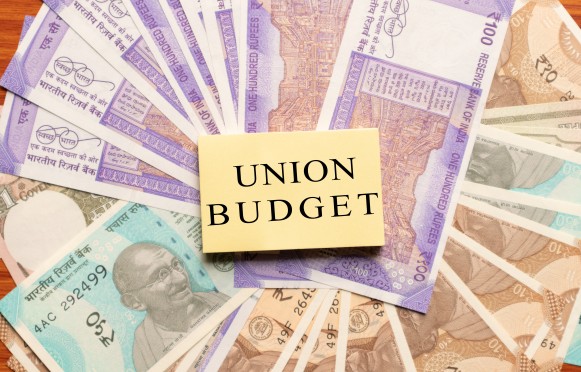The Modi government is all set to miss the disinvestment target for the fourth year in a row as it has garnered only 51 per cent of the budgeted sum of Rs 65,000 crore so far this fiscal.
The last full budget of the present BJP government next month is expected to go slow on disinvestment and privatisation as aggressive steps in this direction could impact the poll prospects of the ruling party in the 2024 general elections, analysts said.
“In FY24, we expect disinvestment receipts to be around Rs 40,000 crore to Rs 50,000 crore on the assumption of a fiscal deficit of 5.5-6 per cent of GDP. A clarity on disinvestment is very important to give markets a clear signal. In the future a disinvestment calendar may be helpful specifying the CPSE name, quantum of sale and method of disinvestment,” Madan Sabnavis, chief economist, Bank of Baroda, said.
Stakes sales would also be affected in the next fiscal as the cost of capital has gone up because of a surge in interest rates in the last one year and the looming recessionary cloud globally, which may impact the overseas buyers’ sentiment.
Disinvestment receipts are only around Rs 31,106 crore in this fiscal inspite of the fact the government had set a lower target for fiscal 2022-23. It was scaled down from the revised estimates of Rs 78,000 crore for 2021-22.
The government is likely to divest Rashtriya Ispat Nigam by the end of January, which could add to the divestment receipts for the current financial year. Companies including Tata Steel, the Adani group and JSW Steel are said to be interested in RINL.
More than half of the proceeds raised so far from divestment came from the initial public offering of Life Insurance Corporation of India (LIC), where the government sold a 3.5 per cent stake at Rs 949 a share, raising Rs 21,000 crore. Apart from LIC, the privatisation of Air India and the share sale of ONGC also fetched around Rs 2,500-3,000 crore each.
The big-ticket privatisation of Bharat Petroleum (BPCL), which was due in FY23, was put on hold due to the volatility in crude oil prices after the Ukraine-Russia war.











